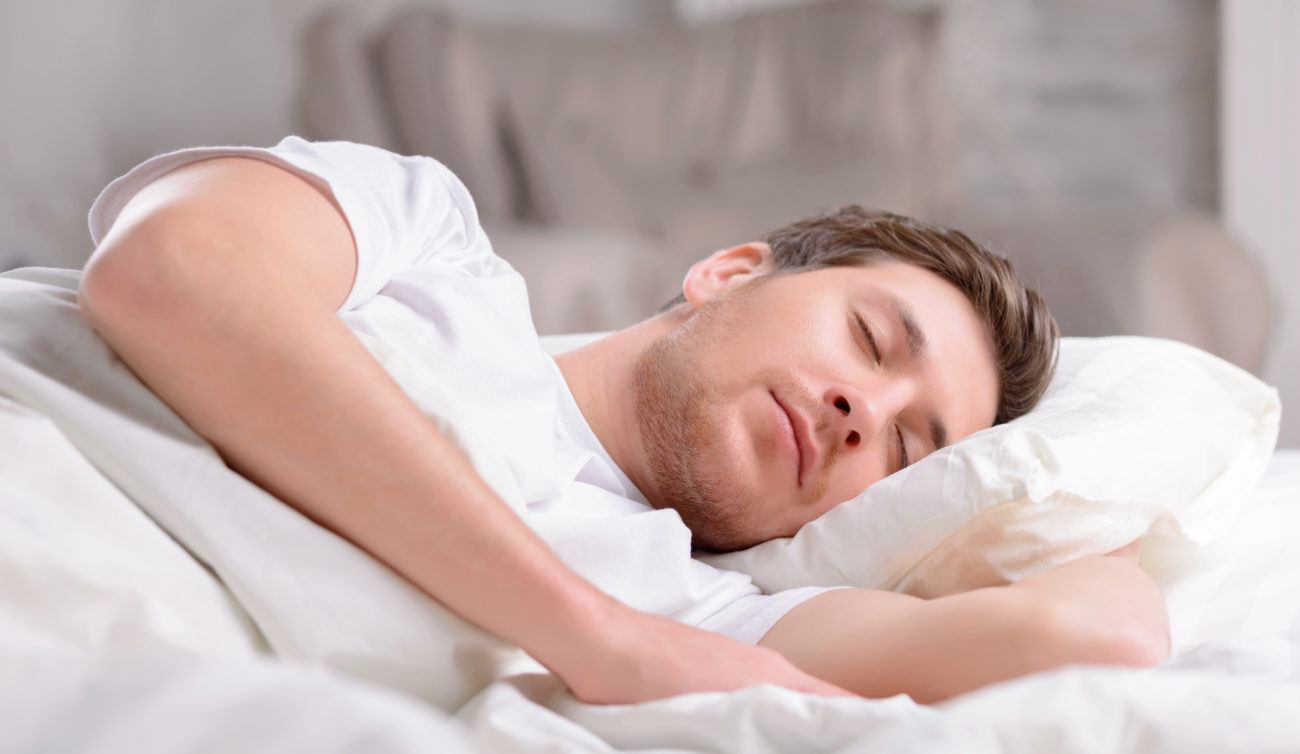
Optimizing Your Sleep Sanctuary
- Sleep in complete darkness, or as close to it as possible. Even the tiniest bit of light in the room can disrupt your internal clock
- Keep the temperature in your bedroom no higher than 70 degrees F. When you sleep, your body's internal temperature drops to the lowest level, generally about four hours after you fall asleep. Scientists believe a cooler bedroom may therefore be most conducive to sleep, since it mimics your body's natural temperature drop.
- Move alarm clocks and other electrical devices away from your bed. If these devices must be used, keep them as far away from your bed as possible, preferably at least 3 feet.
- Avoid using loud alarm clocks. It is very stressful on your body to be suddenly jolted awake. If you are regularly getting enough sleep, an alarm may even be unnecessary.
- Reserve your bed for sleeping. If you are used to watching TV or doing work in bed, you may find it harder to relax and drift off to sleep, so avoid doing these activities in bed.
- Get to bed as early as possible. Your adrenal system recharges between 11p.m. and 1.am. Also, your gallbladder dumps toxins during this same period. ?If you are awake, the toxins back up into your liver, which can disrupt your health.
- Don't change your bedtime. You should go to bed and wake up at the same times each day, even on the weekends. This will help your body to get into a sleep rhythm and make it easier to fall asleep and get up in the morning.
- Establish a bedtime routine. This could include meditation, deep breathing, using aromatherapy or indulging in a massage from your partner. The key is to find something that makes you feel relaxed, then repeat it each night.
- Don't drink any fluids within 2 hours of going to bed. And go to the bathroom right before bed. This will reduce the likelihood of needing to get up and go to the bathroom, or at least minimize the frequency.
For a great night's sleep, GET ADJUSTED!!! One of the 'side effects' of Chiropractic is great sleep!!!
Comments
Post a Comment